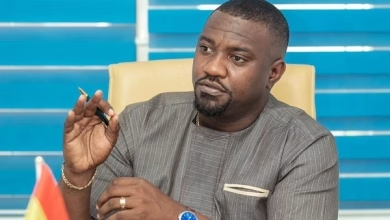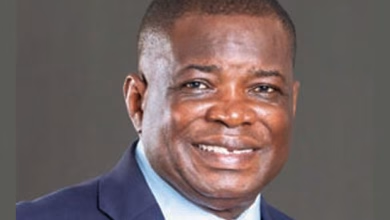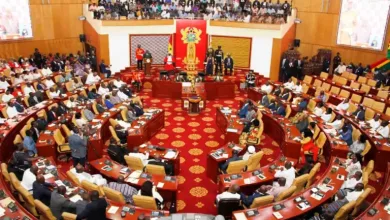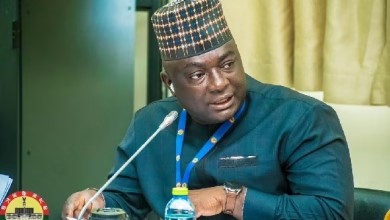“Mogtari Bawah: ‘Dumsor’ Was Our Greatest Weakness in 2016 Polls”
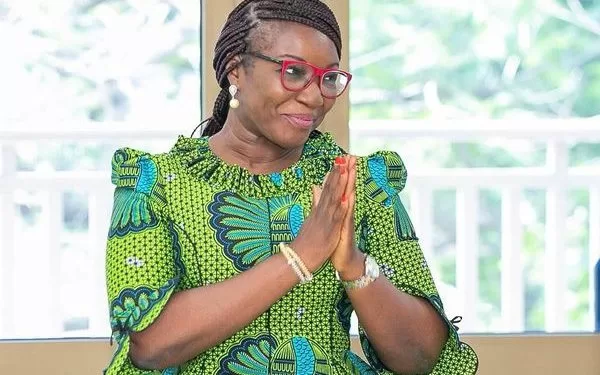
- Mahama's campaign spokesperson blames 2016 election loss on 'Dumsor'.
- Energy crisis was a major setback for the party despite efforts to address it.
- Akosombo Dam dependence and climate change worsened the power outages.
- Ghanaians lacked empathy during 'Dumsor', hindering quick solutions.
Joyce Bawah Mogtari, the spokesperson for the John Mahama Campaign Team, has reflected on the 2016 general elections and attributed their defeat to the prolonged power outages, commonly referred to as ‘Dumsor’, that occurred during former President Mahama’s tenure.
Mogtari acknowledged that the energy crisis was a significant setback for the party, contributing to their electoral defeat. She emphasized that Mahama was committed to finding solutions to the energy crisis, rather than exploiting it for political gain.
The Mahama administration faced a daunting task in trying to quickly resolve the persistent power outages, a challenge that proved difficult to overcome despite their best efforts. Mogtari explained that the country’s dependence on the Akosombo Dam and the changes in rain patterns due to climate issues threw the country off guard.
The spokesperson lamented the apparent lack of empathy from Ghanaians during the ‘Dumsor’ period, stating that the public did not adequately appreciate the efforts of the Mahama administration to address the issue. Mogtari believes that the partisan environment at the time hindered the government’s ability to find a quicker solution.
Mogtari emphasized that the power outages were not in Mahama’s interest, but they occurred despite his efforts to address the issue. She acknowledged that the government could have offered solutions more quickly, but it was not an easy task to accomplish.
The ‘Dumsor’ crisis had a significant impact on the country, with widespread power outages affecting businesses, households, and industries. The crisis led to widespread discontent among Ghanaians, who felt that the government was not doing enough to address the issue.
Mogtari’s comments highlight the challenges that the Mahama administration faced in addressing the energy crisis. Despite their efforts, the government was unable to resolve the issue quickly enough, leading to widespread frustration among Ghanaians.
The ‘Dumsor’ crisis was a major factor in the 2016 elections, with the opposition New Patriotic Party (NPP) capitalizing on the government’s perceived failure to address the issue. The NPP won the elections, with President Nana Akufo-Addo defeating incumbent President Mahama.
In hindsight, Mogtari believes that the Mahama administration could have done more to address the energy crisis, but she also acknowledges that the challenge was not easy to overcome. She hopes that lessons have been learned from the experience, and that future governments will be better equipped to address similar challenges.
Mogtari’s comments provide valuable insights into the challenges that the Mahama administration faced during the ‘Dumsor’ crisis. Her reflections highlight the need for empathy and understanding in times of crisis, and the importance of finding solutions to complex problems.



